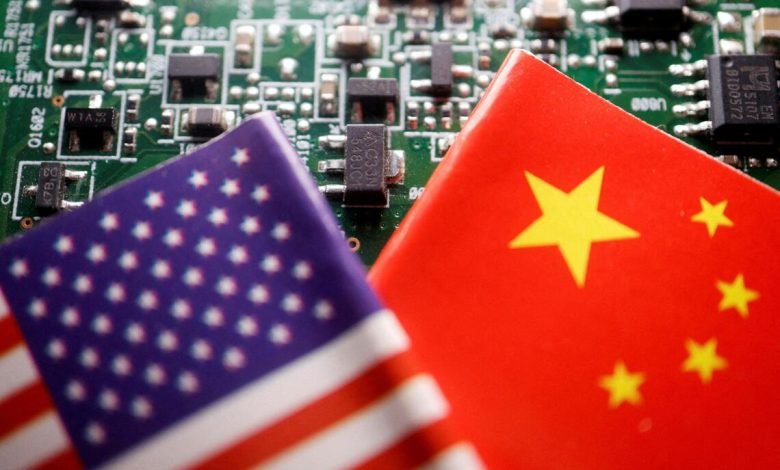
Reuters – U.S. and Chinese officials meet in Madrid on Sunday to hash over longstanding trade irritants, a looming divestiture deadline for Chinese short video app TikTok and demands by Washington that G7 and European allies impose tariffs on China to halt its purchases of Russian oil.
The talks in the Spanish capital mark the fourth time in four months that U.S. Treasury Secretary Scott Bessent and U.S. Trade Representative Jamieson Greer have met with Chinese Vice Premier He Lifeng in European cities to try to keep a fractured U.S.-China trade relationship from collapsing under President Donald Trump’s tariffs.
The three officials, along with China’s top trade negotiator, Li Chenggang, last met in Stockholm in July where they agreed in principle to extend for 90 days a trade truce that sharply reduced triple-digit retaliatory tariffs on both sides and restarted the flow of rare-earth minerals from China to the United States.
Trump has approved the extension of current U.S. tariff rates on Chinese goods, totaling about 55%, until November 10.
Trade experts said there was little likelihood of a substantial breakthrough in the talks hosted by Spain’s Socialist Prime Minister Pedro Sanchez, who has sought to improve ties with Beijing in recent years.
The most likely result of the Madrid talks is seen as another extension of a deadline for the popular TikTok app’s Chinese owner, ByteDance, to divest its U.S. operations by September 17 or face a U.S. shutdown.
A source familiar with the Trump administration’s discussions on TikTok’s future said that a deal was not expected, but that the deadline would be extended for a fourth time since Trump took office in January. Trump last month launched a TikTok account.
TikTok has not been discussed in previous rounds of U.S.-China trade talks in Geneva, London and Stockholm. But the source said the issue’s public inclusion as an agenda item on the Treasury’s announcement of the talks gives the Trump administration political cover for another extension, which may annoy both Republicans and Democrats in Congress who mandated TikTok’s sale to a U.S. entity to reduce national security risks.
Wendy Cutler, a former USTR trade negotiator and head of the Asia Society Policy Institute in Washington, said she expected more substantial “deliverables” to be saved for a potential meeting between Trump and Chinese president Xi Jinping later this year, perhaps at an Asia Pacific Economic Cooperation summit in Seoul at the end of October.
These may include a final deal to resolve U.S. national security concerns over TikTok, and a lifting of restrictions on Chinese purchases of American soybeans and reduction of fentanyl-related tariffs on Chinese goods, and the Madrid discussions may help lay groundwork for such a meeting, Cutler said.
But she said resolving core U.S. economic complaints about China, including its demands that China shift its economic model toward more domestic consumption and rely less on state-subsidized exports, could take years.

